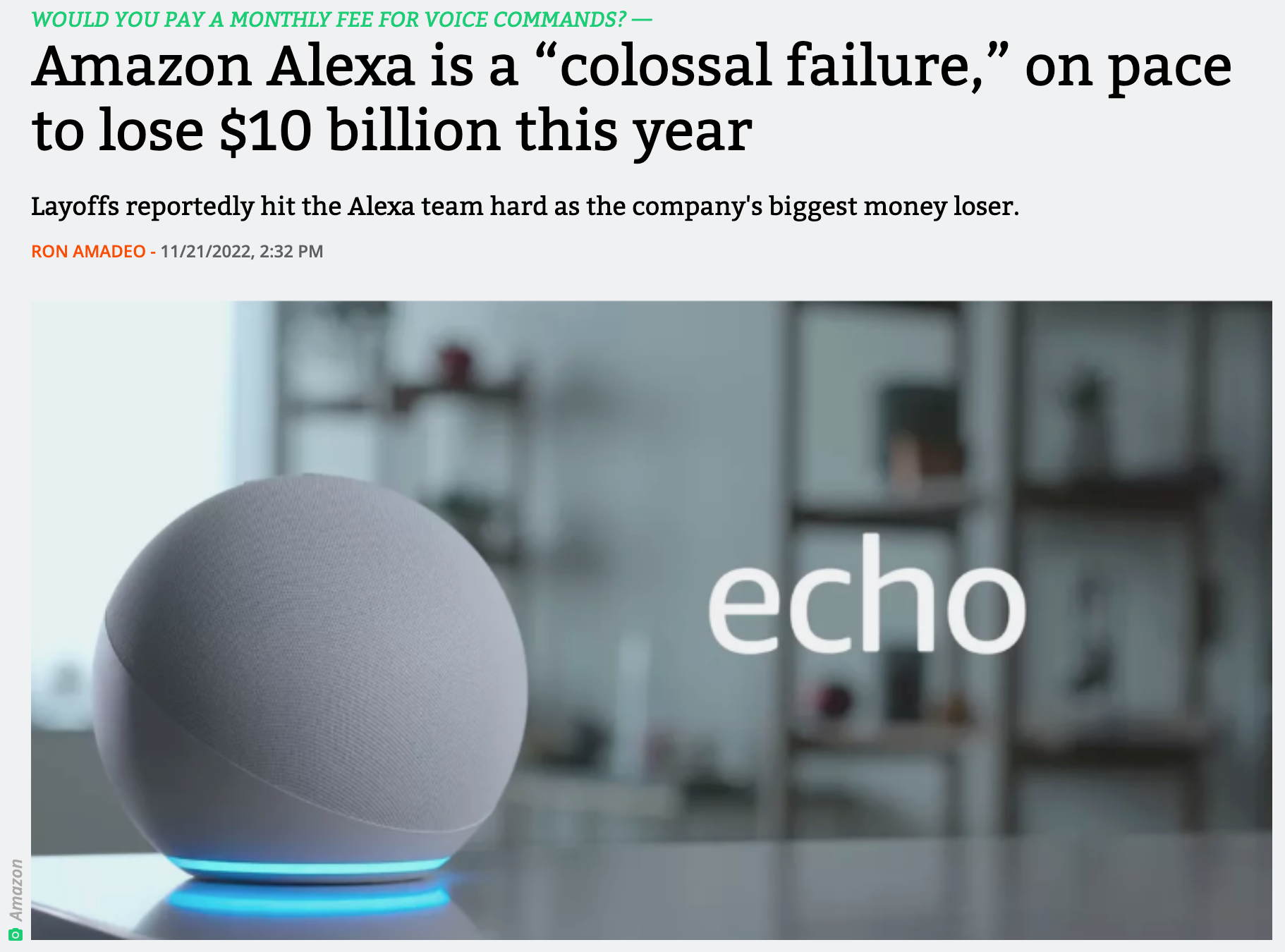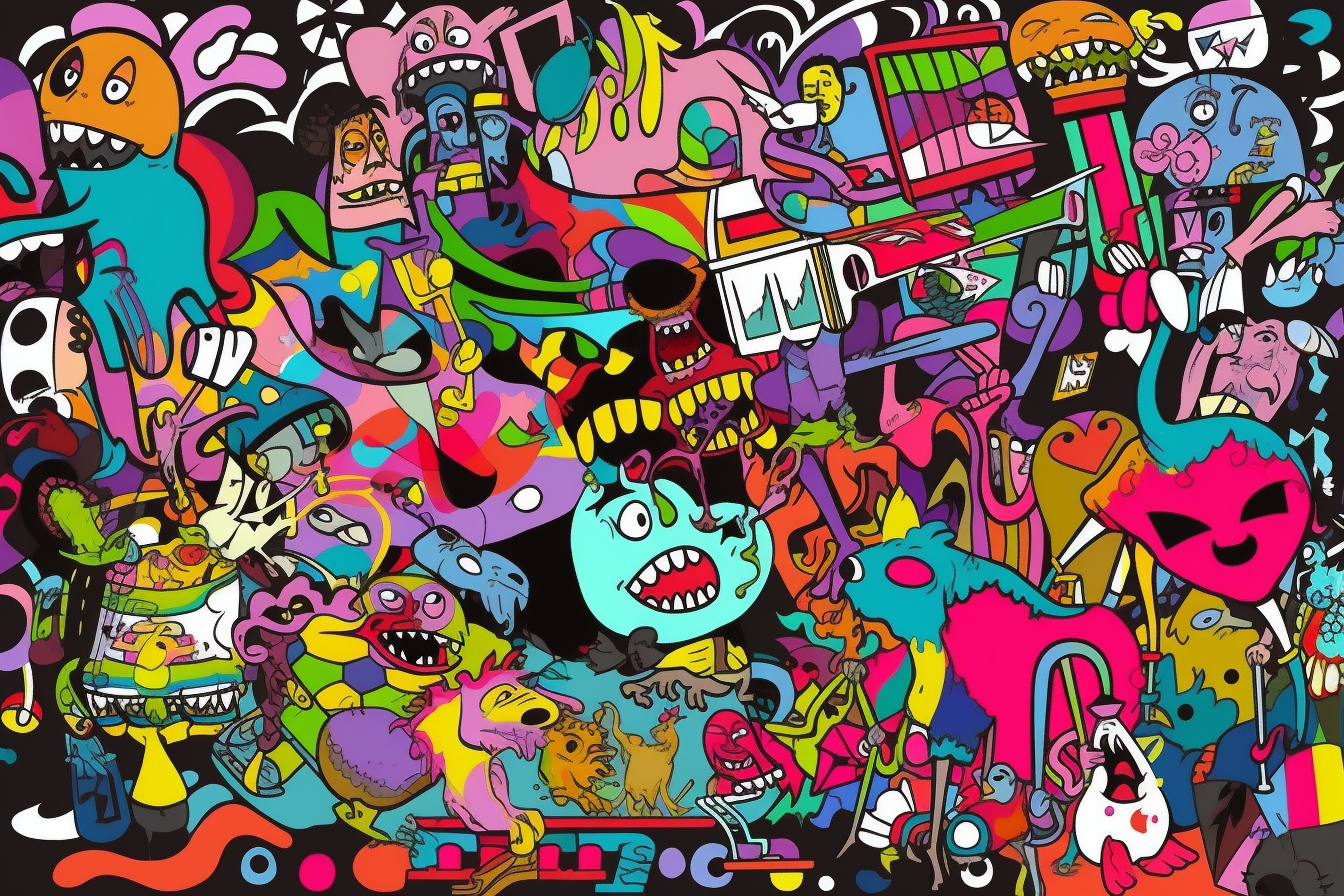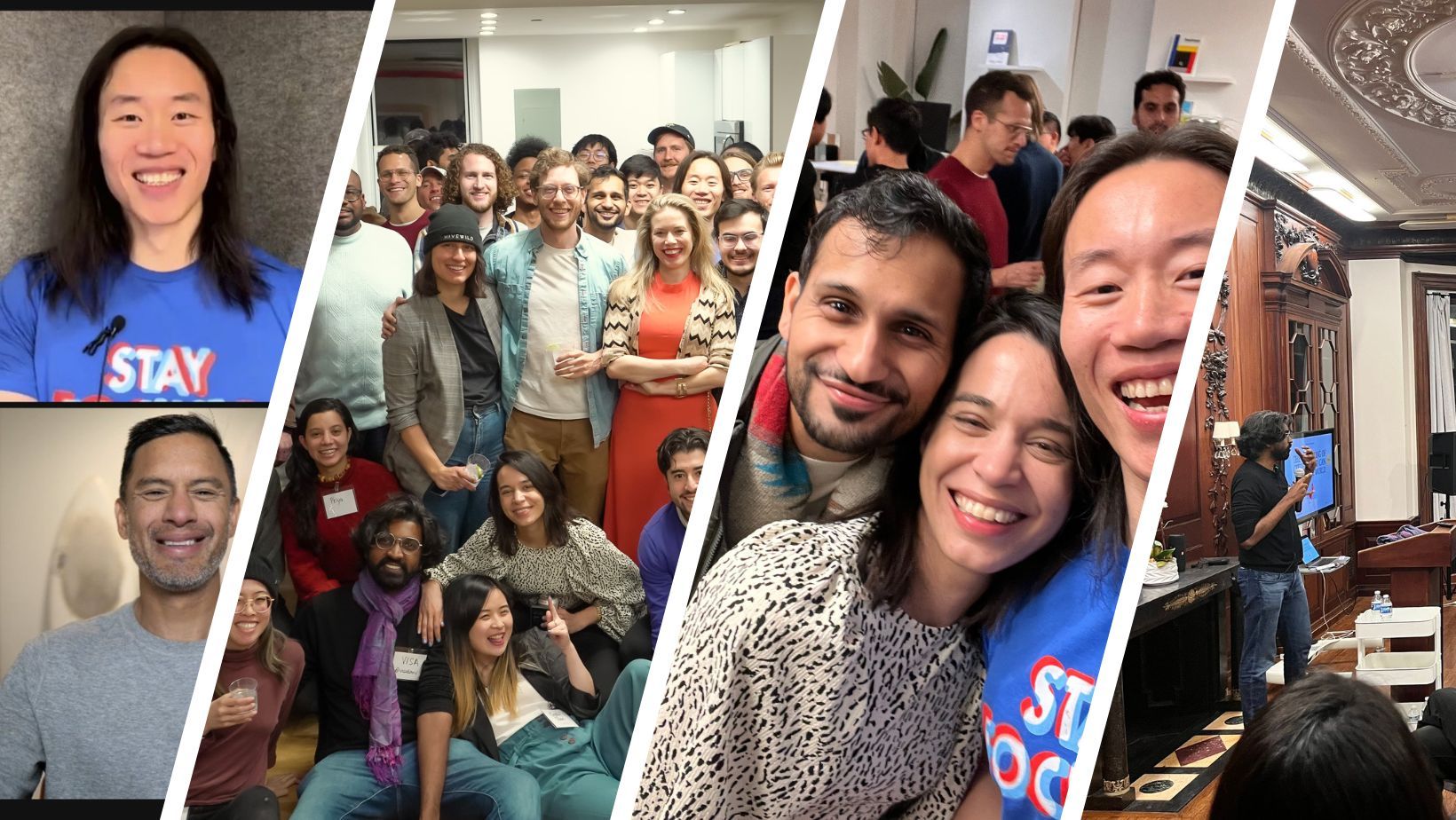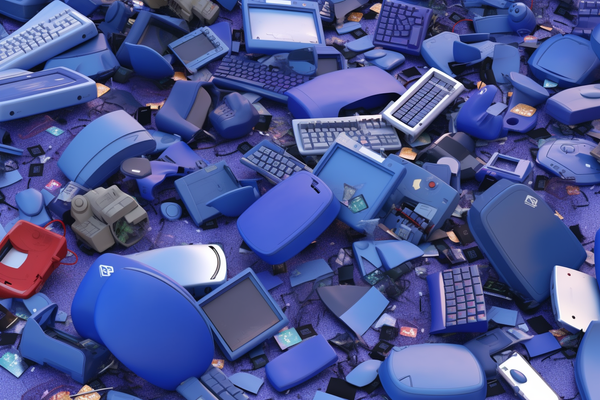Do you like long vacations infrequently, or more regular 3 day weekends?
I'm definitely in the latter camp. This Friday I took PTO, ran a bunch of errands during the day (like writing most of this newsletter), caught a Netflix move (Luther), and now my actual weekend can be devoted to rejuvenation.
Give it a try!
—Jason

🤔 Announcements
- 📆 May 6: I'm doing an in-person interintellect salon on navigating transitions

🧠 Why Products Get Shutdown
What do all these products have in common?
- Stadia, Inbox, Reader (Google)
- iPhone mini / SE (Apple)
- Captions (Instagram)
They're beloved products or features that were shut down by their owners. Why do companies do this? They've got billions in capital. Why can’t they support this simple product with lots of users?
The answer has to do with a fancy word with a simple meaning:
Incrementality
Every major product starts off as a strategic bet—if we do this, we can enhance our business in the medium to long term. The amount of money, the length of time, and the willingness to tolerate early failure depends on the conviction the company's leaders have in the product bet.
But sooner or later, your bet has to start paying off. Sooner or later, it has to become incremental to the product ecosystem.
Imagine you own a Formula One racing team. Your car design is fast, but not quite enough to consistently secure a spot on the winner's podium. What do you do?
You might try to improve aerodynamics by refining the car's body shape, but this could compromise downforce, affecting the vehicle's grip on the track. Alternatively, you could adjust the suspension system to better handle the irregularities of the track surface, but this may lead to instability at high speeds. Tweaking the fuel mixture for better combustion could yield more power, but it might also increase fuel consumption, requiring more pit stops.
The point is, optimizing an already well-tuned system can be challenging without making a drastic change in direction. Every change has some kind of tradeoff.
Returning to your favorite product, it was likely the brainchild of bold visionaries who pitched to company leadership for funding and resources or was conceived by an executive who assembled a team to work on it. In both cases, a business case was made, arguing that the product would contribute to the company's bottom line.
For social media platforms, this bottom line is straightforward: more app visits, increased daily usage, and delivery of more effective (and lucrative) advertising. Products that achieve this will continue receiving investments, while those that don't eventually fade away, unless they have strong support from senior management.
For Meta, Mark Zuckerberg has shown enormous appetite to build out its metaverse. For Amazon, Alexa and a voice assistance platform was a Jeff Bezos pet project. Both are huge money pits.
Alexa has been around for 10 years and has been a trailblazing voice assistant that was copied quite a bit by Google and Apple. Alexa never managed to create an ongoing revenue stream, though, so Alexa doesn't really make any money. The Alexa division is part of the "Worldwide Digital" group along with Amazon Prime video, and Business Insider says that division lost $3 billion in just the first quarter of 2022, with "the vast majority" of the losses blamed on Alexa. That is apparently double the losses of any other division, and the report says the hardware team is on pace to lose $10 billion this year. It sounds like Amazon is tired of burning through all that cash

Unless the CEO of the company being a huge champion of it, all products must eventually demonstrate incrementality.
It's common for the public to mock big companies for constantly imitating each other, but often the best evidence that an idea can succeed is witnessing it work elsewhere. All other arguments are based on projections and assumptions that may not be true, which makes them vulnerable to challenge.
When something does work, however, it can be incredibly effective. Snapchat pioneered the Stories format, and their success gave Instagram and Facebook the conviction to copy, iterate, and enhance the product experience.

Stories offered a fundamentally different, ephemeral format that appealed to younger users and showed immense incrementality to the app without significant cannibalization (e.g. if users only made stories but stopped making posts).
To be honest, I'm not a big Stories user on IG or FB. But I can appreciate how popular the product is and how rare that kind of massive incremental impact it's had. The truth is, just like startups, many features and products inside a bigger company die and others never hit prime time.
So when a company launches an exciting new product or feature you love—remember to knock on wood and hope for incrementality.
👉 Links
- Courage / Risk ⚡️ Sometimes it's better to be in a worse situation than a so-so one
- Relatable 🏋 Walk while you work—Stephen Wolfram's desktop treadmill and outdoor (!!) standing work setup
- ADHD 🧠 Vox breaks down the stimulant medication shortage
- Systematic ⚙️ How to never got lost in a discussion by using framework thinking
- Generative 🤖 A sober/non-hype consideration of real and speculative AI risks (and how to think about "the pause letter") plus GPT4all (run it on your laptop!)
- Togetherness 🫶 Don't bottle your secrets inside—confide in someone!
- Creative 👁️ Just outside Salt Lake City, fantasy author Brandon Sanderson is building a publishing empire that captures the imagination of his superfans
Recent Issues






